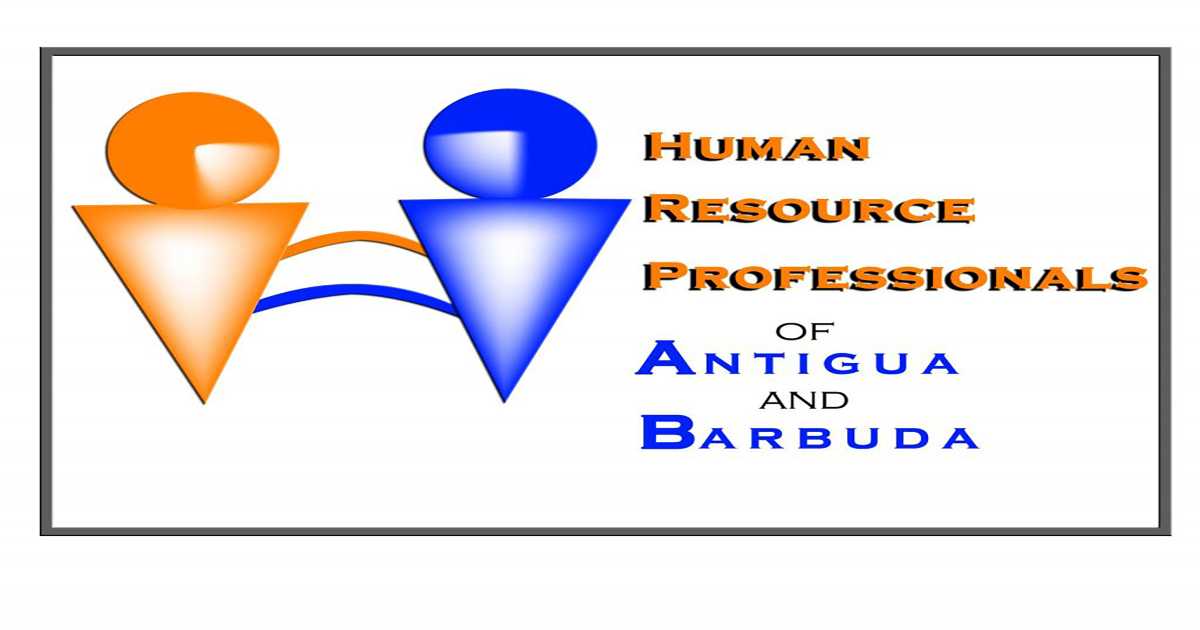The past year has taught us that situations in life are unexpected and ever changing, and to survive these changes, we need to adapt and be flexible in our approach. The same applies to our leadership approach in business. In today’s world, you can assess an individual’s leadership skills and their experiences, by quickly browsing their LinkedIn profile. However, the qualities of true leadership often lie beneath the surface.
Times have changed but unfortunately many organizations are still unwilling to evolve with the new normal in relation to leadership, productivity, and progression. Traditional leadership, which is entrenched in the industrial revolution, and exhibits a control and command leadership style, allows organizations to carry out the conventional functions of management, which are to hire, train, monitor, control and retain the best talent. This was achieved through force and dominance, from a hierarchical flow of authority and power. Alternatively, the new leadership paradigm values inclusion, teamwork, sharing and service; holding purpose and service over profit and self-interest. An organization’s approach to money and profit can be viewed as heathy and normal, and it is in line with the control and command leadership style. But the new leadership paradigm is purpose driven, and leaders are inspired to place service to the organization, and the community, ahead of their own interests, therefore inspiring lasting intrinsic value.
Further, during this new normal of impromptu changes which has affected so many lives and communities, leaders are encouraged to divert from the dated practice of restricting information that is considered too sensitive, from their employees and the community, and to consider under the new paradigm of leadership, a style that values open and honest sharing of vital information. Under the traditional leadership style, information is dispersed on a need-to-know basis. Understandably so, and even within a more progressive organization, leaders may be unwilling to share delicate information with all their employees, such as the reorganization of a project or restructuring of the organization. But part of the new leadership paradigm encourages open and frank exchanges among the organization’s leadership and its employees, which in turn enables employees to make informed decisions about their lives. It also encourages employee empowerment and cooperation, where innovative ideas can also flow from the employees to management giving them an opportunity to contribute to a desired business strategy.
According to a recent article in the Oxford Review, “There are two particular strengths the new leadership paradigm brings that develop the level of adaptability and breadth required: resilience and ego strength. The new leaders are not only emotionally resilient but have core empathy and understanding that can develop resilience and adaptability in others and their organization. Secondly, they have ego strength which means they have confidence in themselves and others and can ask without feeling threatened”.
Organizations globally are highly competitive; therefore, change must occur for these businesses to grow and survive. As HR practitioners and leaders, we need in this present age and under this new normal to be more pragmatic and move away from the archaic ways of thinking and functioning. The best way to ensure longevity is to reshape the requirements of a fast-changing world. Leaders must be aware of these changes and know when these changes require evolving. The new leadership paradigm offers a clear alternative to the traditional; and a progressive leader will not be afraid to start the discussion.
The Human Resource Professionals of Antigua and Barbuda (HRPAB) is a registered non-profit, professional association dedicated to the advancement of the HR profession for national development. We began informally from 2009 and legally registered in 2011. HRPAB’s growing membership represents private and public organizations as well as independent consultants specializing in one or more areas of human resource management and development. Membership is offered for three categories: professional, non-professional, and honorary. You may contact us via email at hrpro.ab@gmail.com or on Facebook and Instagram @HRPro268.

